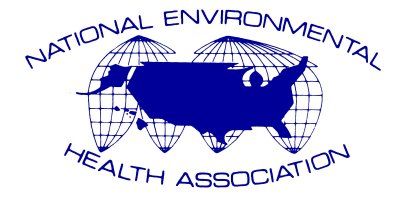

National Environmental Health Association (NEHA) articles
The field of environmental health requires the knowledge of many facts and terms, and it also requires mastery of an array of concepts that can be difficult for many students to thoroughly comprehend. Guided-inquiry learning is a process by which students “discover” basic concepts through active investigation. In this article, the authors describe several guided-inquiry learning modules used in their undergraduate environmental health program and their experience in using them. Some modul
In response to the terrorist attacks of September 11, 2001, at the World Trade Center and Pentagon, almost 50,000 rescue workers and approximately 300 search and rescue dogs participated in rescue and recovery operations. The dogs were exposed to the same hazards as the human workers, but did not have any of the personal protective gear. This prospective double cohort observational study compared annual medical history, blood biochemical and hematologic results, and thoracic radiographic find
